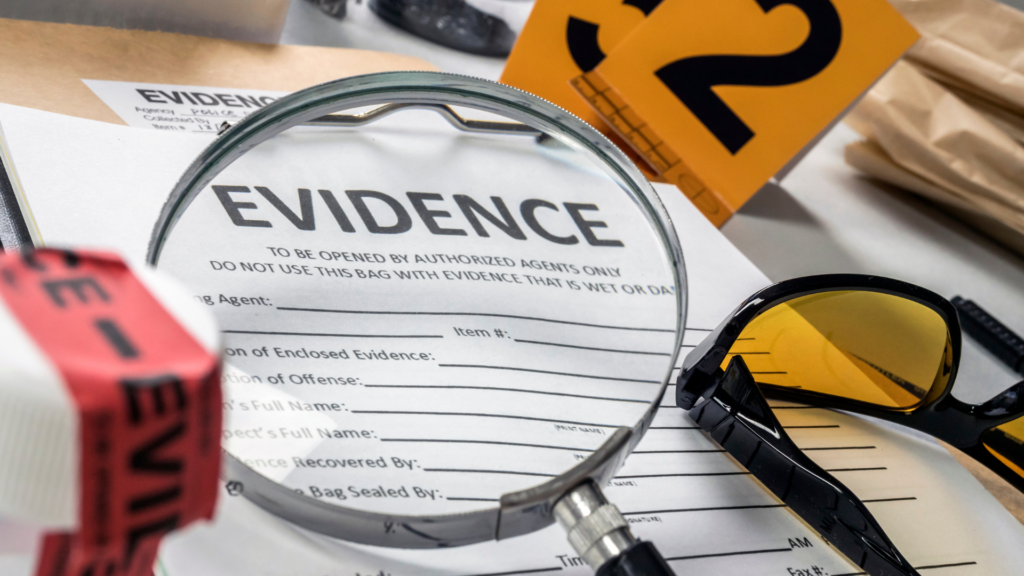
The Maritime Journal in July 2016, in an article entitled ‘collateral lies’, detailed the marine test case at the UK Supreme Court (Versloot v HDI Gerling) where so called ‘collateral lies’ were deemed to no longer be grounds in themselves for an insurance claim to be rejected.
The vessel concerned had suffered an engine room flood. The main engine was damaged beyond repair. The court found that the flood was caused by:
- the crew’s negligence in failing to close the sea inlet valve in the emergency fire pumps,
- damage to the pumps,
- the negligence of previous contractors who had failed to seal bulkheads and
- defects in the engine room pumping system.
The appellant owners presented an insurance claim to the respondent insurers. They told the insurer’s solicitors that the crew had informed them the bilge alarm had sounded at noon that day, but it could not be investigated because the vessel was in heavy weather.
The Supreme Court found that this was a lie told by the owners to strengthen the claim, accelerate payment under the policy, and take the focus off any defects in the vessel for which the owners might have been responsible. The court deemed that the lie was irrelevant to the claim, since the vessel’s loss was found to have been caused by a peril of the seas.
Kevin Pratt, a UK consumer affairs expert at Moneysupermarket, has said:
The landmark judgment by the Supreme Court overturns centuries of insurance practice – and is great news for honest insurance customers. It’s not a cheat’s charter, and it’s not a blank cheque for would-be fraudsters. But it does mean that insurers will not be able to throw out perfectly valid claims on little more than a technicality.
James Dalton, Director of The Association of British Insurers, while rightly asserting that Insurers are in the business of paying all genuine claims and have a duty to their honest customers to investigate suspected fraudulent claims, stated:
No insurer will decline any claim on the grounds of fraud unless they believe they have good grounds to do so. But as this judgment makes clear, inflating the value of an otherwise genuine claim still remains fraud.
So it appears that all is well and all are happy.
The claim had originally been rejected after it was revealed that the crew lied about aspects of the flooding incident. This was deemed to have amounted to a ‘fraudulent device’, which the court said invalidated the claim.
The ruling was upheld in the court of appeal, but overturned by the Supreme Court. One of the judges, Lord Mance, said:
The critical point is that, in the case of a collateral lie… the insured is trying to obtain no more than the law regards as his entitlement, and the lie is irrelevant to the existence of that entitlement. Such a lie is immaterial to the claim.
As a forensic investigator I took a keen interest in this matter. The Yo-yoing between the courts is over. The ruling stands, for now. My immediate reaction was that this gives a charter for lies. Not for cheating. Only for lies. Why not take a chance if there is nothing to lose? Why tell a potentially disadvantageous truth when not telling a truth would have no bad consequence?
Is it feasible for the principal of this ruling to be applied to criminal casework? If the accused, in seeking to ‘obtain no more than the law regards as his entitlement’ (i.e. innocent until proven guilty), and the lie is ‘irrelevant to the existence of that entitlement’ is the lie immaterial to the prosecution? A lie is a deception. Obtaining pecuniary advantage by deception is a crime. If a lie is intended to influence decisions effecting liabilities (and thus costs) is this not also obtaining pecuniary advantage by deception? I will leave these questions to others.
The Urban Dictionary (online) defines collateral lies as:
fictional accounts, half-truths and coincidences presented as facts by a party in an attempt to deliberately mislead the audience into arriving at the desired conclusion
To deliberately mislead is an intentional act. Intent is fundamental to the conviction of many crimes. The ‘desired conclusion’ is that desired by the party telling the lie. Not that desired by the justice system i.e. the truth.
Fraud is crime. But there are degrees of it in terms of the burden of proof for fraudulent claims which, from a previous court ruling, lies somewhere between ‘beyond reasonable doubt’ and ‘probable’. It is the ‘probabilities’ that is my area of concern.
By taking the focus off, for example, any ‘defects in the vessel for which the owners might have been responsible’ the witness is influencing the forensic investigator’s assessment of the care and maintenance of the vessel. This assessment and many others that may feasibly now also be party to collateral lies, forms part of any balance of probability upon which liabilities are assessed or debated.
Insurers generally do not arbitrarily ‘throw out perfectly valid claims on little more than a technicality’. Although there are some clauses that, when used to repudiate a claim, may seem somewhat harsh, there are usually reasons such as reasonable suspicion of fraudulent arson. Perhaps there is a history of suspicious claims for example. The use of more easily proven non-compliance with clauses may present a quicker and cheaper, but nonetheless perfectly valid, route to repudiation. To protect the consumer there is recourse to the insurance ombudsman which exists for the purpose of consumer protection and the scrutiny of insurers, and rightfully so.
A forensic investigation, whether of fire, flood, collision or personal injury, is broadly a gathering of facts. Physical, tangible and hopefully undeniable facts. However, there are also unavoidable assumptions and information gained from in and around the periphery of the investigation that also inform the investigation. Often such items are not directly material to the claim or accusation. The ‘audience’ in the aforementioned definition includes the forensic investigator. It is that investigator who is gathering the facts AND all other circumstances around the incident some of which will be lies, untruths or exaggeration. This can affect the assessment of aspects of the incident such as timeline, initial response, the strength, reliability and competency of persons involved and witnesses, etc.
Whilst the strength of any case relies mostly on physical evidence it is true to say that every piece of information gathered has a bearing on the expert assessment and opinion. Each item, weak or strong, pushes one way or the other against the pendulum that swings around the 50/50 mark. The balance of probability.
The court ruling in question pivots around lies that were discovered. Most lies will of course be undiscovered. If incentive for truthfulness is eroded then undiscovered lies will increase and the pendulum may become less reliable. This may result in the burden of proof for casework being quietly adjusted.
In reality it takes a considerable degree of knowledge and aforethought to successfully and significantly manipulate an experienced investigator. We, investigators, make great effort to ensure statements are corroborated and verified. Interview techniques are honed. Translations are checked and all accounts are given values in terms of their reliability and influence. But it would be naive to say that manipulation cannot happen. I have investigated cases where witnesses have received coaching and persuasion, by persons wise to long term potentials and outcomes, to change their story.
I am keen now to see further test cases. Perhaps a collateral lie may someday be deemed to have ‘not been directly relevant’ but equally, because it may have influenced any assessment and conclusion it may be deemed to be ‘not entirely immaterial’?
Truth, Lie or Dare

About the author:
David Townsend is the Principal Fire and Explosion Investigator with Andrew Moore and Associates (AMA). He has served the fire industry for 45 years the last 25 of which have been dedicated to fire investigation.
David served a full 30-year career in the London Fire Brigade the last 11 of which were in fire investigation. As an investigator in the private sector since 2006, he soon became involved in substantial marine casework worldwide.
